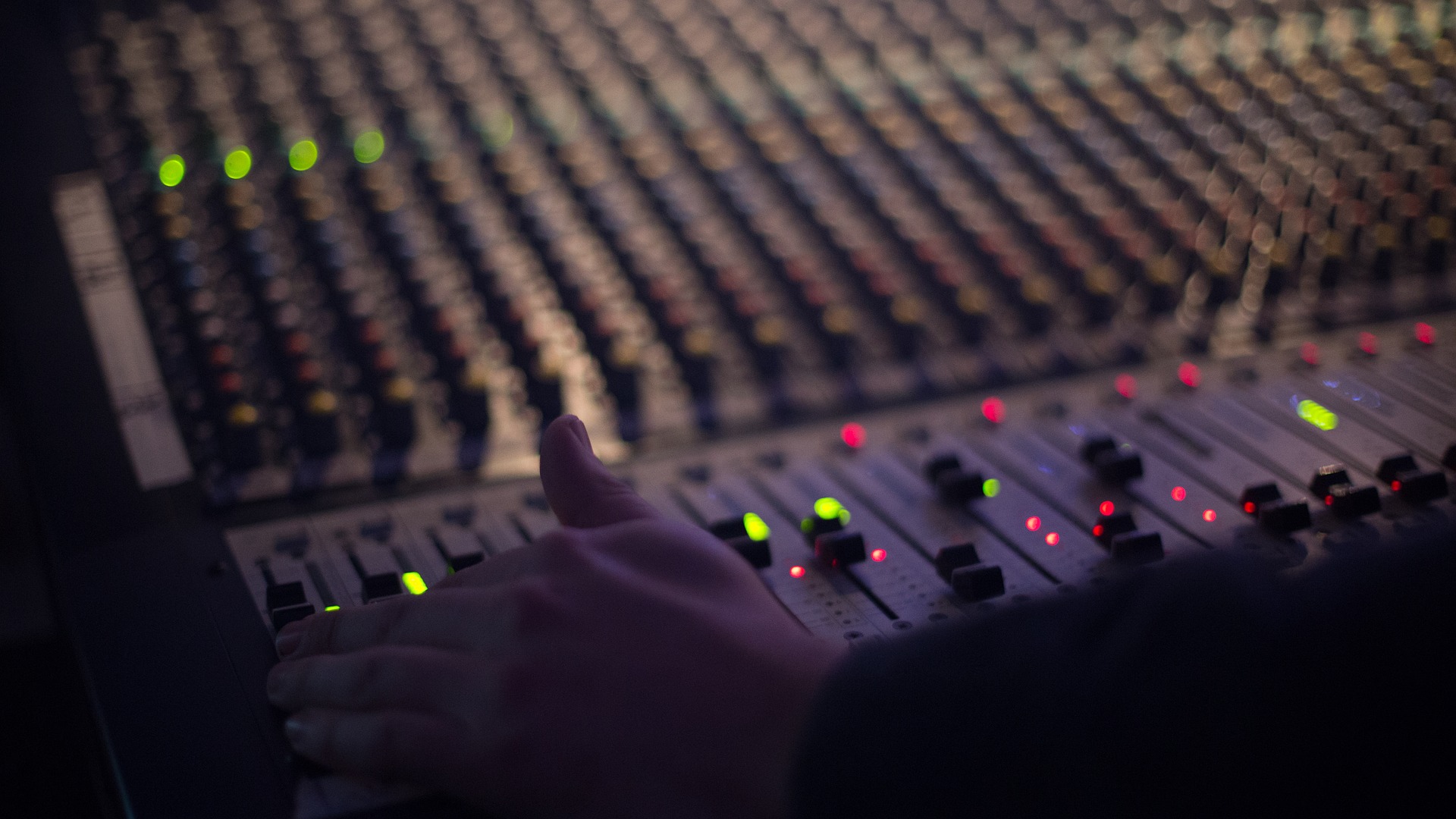Bachelor’s degree programs in sound recording technology tend to be small, and admissions are usually highly competitive. Typically, students must audition to be accepted into a college or university’s school of music to gain admission in a sound recording technology program. Students are often required to demonstrate a history of good academic standing, proficiency in voice or instrument training, and have an above-average sense of hearing. Graduates of these programs can also pursue graduate-level education.
- Program Levels:Bachelor’s degree
- Prerequisites: High school diploma or GED and high school coursework in computer science, math, and science
- Other Requirements: Internships
Let’s look at this Free knitting patterns
Bachelor’s Degree in Sound Recording Technology
In addition to taking basic education courses that include calculus and physics, sound recording technology majors usually take classes on the fundamentals of electronics, musicianship and vocal/instrument performance, audio recording technology, and music theory. Internships are also an important part of this program to help prepare students for opportunities in this highly-competitive industry. Most programs are equipped with an on-campus studio where students participate in courses, such as:
- Sound dynamics
- Music composition
- Recording techniques
- Mixing and mastering
- Digital recording and editing
- Electronic and digital music composition
Popular Career Options
Graduates of sound recording technology programs may begin a career in the movie, television, music or video game industries. In addition to working for a company, many graduates create freelance careers. Possible entry-level positions may include:
- Music producer
- Sound engineer
- Recording engineer
- Recording studio technician
- Video game audio engineer
Career Outlook and Salary Information
The U.S. Bureau of Labor Statistics (BLS) reported that sound engineering technician jobs were expected to increase by only 9% from 2012 to 2022 due to the consolidation of TV and radio companies, as well as high levels of competition. As of May 2014, these professionals earned an average income of $58, 670 per year, according to the BLS (www.bls.gov).
Continuing Education Information
Master’s degree programs are available for those wanting to gain in-depth knowledge of sound recording technology. Graduate students focus on the most current and experimental technologies in audio, sound recording, and production. Additionally, a master’s degree in sound recording technology may qualify the graduate to teach the subject at the post-secondary level.








